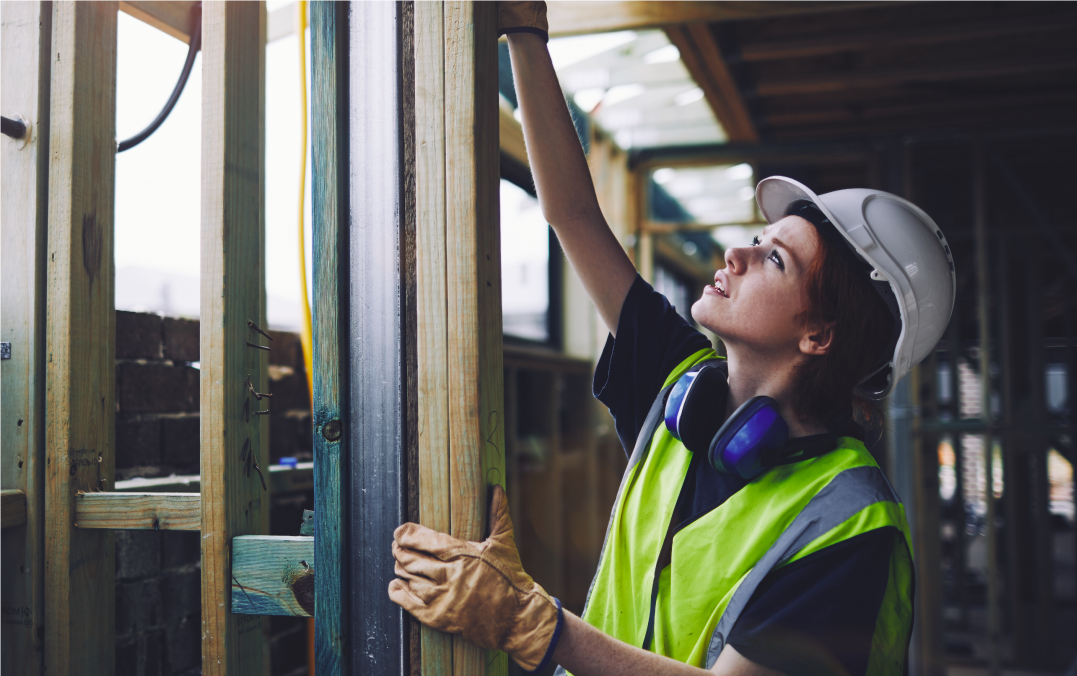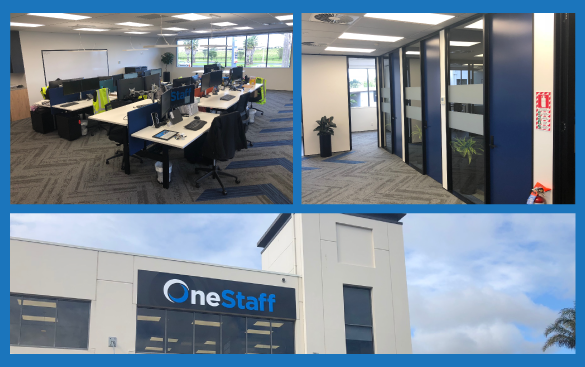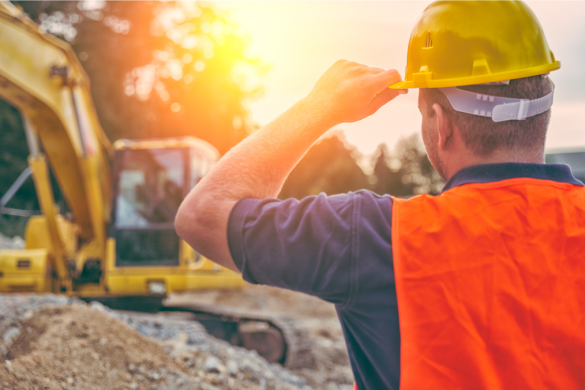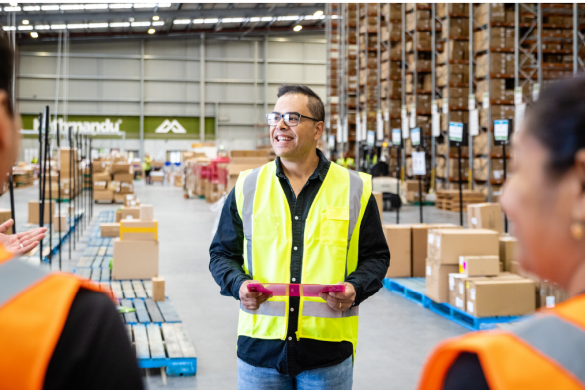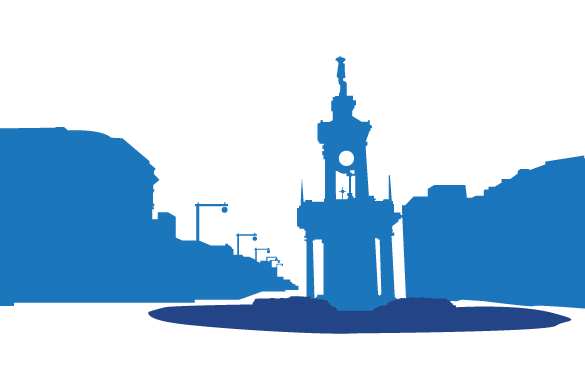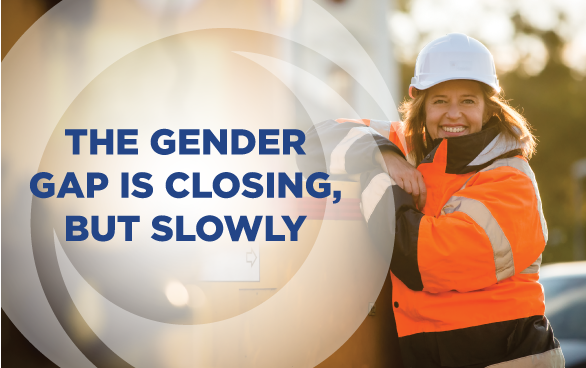Industry reports show the number of people employed in New Zealand’s construction sector is set to reach 160,200 by 2027. But where will these workers come from?
Whilst construction may not be as wholly male-dominated it once was, women are still significantly underrepresented reported as making up just 14% of the civil construction sector. Supporting gender diversity and providing more opportunities for women in construction will be essential to creating a pipeline of talent to meet our country’s needs.
This requires more than just addressing current hiring practices. It means changing the way we promote working and training opportunities and presenting construction as a viable career path for women. With our own team undergoing a positive shift towards a more diverse workforce in recent times, OneStaff is committed to promoting representation and opportunity for women in the construction industry.
Growth of Women in the Construction Industry
After almost doubling in just over a decade, there has been a considerable increase in the number of women joining NZ’s construction industry in recent years. Climbing to 40,000, women now make up around 14% of all workers in the industry nationwide.
As the demand for construction workers outstrips supply across the country, it’s vital that the trend continues and that we do all that we can to encourage more women to join the industry. For us, it’s not just about providing staff – it’s about affecting positive change and making a concerted effort to improving diversity figures.
We need to build a more diverse talent pipeline and break down the barriers (real and perceived) to make it easier for women to join the profession. The more women we can get into the industry and the more that they progress into supervisory and management roles, the more our workforce will be strengthened for the long term.
How Do We Drive Positive Change?
A diverse workforce means access to different views, skills, opinions and strengths. It provides a fresh approach and opens up new ways of working, solving problems and innovation.
In conjunction with formal training and development programs, employers can consider the following tips:
Stamp out unconscious bias in recruitment
Despite being seen as a “macho” industry, there are very few roles women can’t perform in construction including the operation of power tools and machinery. To avoid any unconscious bias or stereotyping, consider blind screening job applications and ensuring representation from both genders when making hiring decisions.
Create safe work environments
PPE standard sizes are often based on male bodies, so it’s important to ensure female employees have properly fitted equipment and clothing. They also need to be provided with appropriate facilities such as female-only toilets and changing rooms.
Promote female role models
Celebrating the achievements of female role models within your organisation can not only stamp our any residual discriminatory views but also inspire other women to follow in their footsteps.
Establish networking opportunities
To avoid female employees feeling isolated, you can establish networking opportunities such as buddy and mentoring schemes for women within your organisation. Even if they don’t have a woman working in their immediate team, it might help to connect with other women across the organisation.
Offer flexibility
For many women, particularly those with caring responsibilities in the home, flexible working conditions are key when considering any career path. Explore different policies and programs you could implement such as job sharing and hybrid working.
Summary
To ensure the long-term well-being of NZ’s construction industry, it is important for organisations to appeal to the best talent, regardless of gender. The country is well on its way towards developing a more diverse workforce, but we know there is still a long way to go.
OneStaff is dedicated to helping organisations further their diversity agenda, so if you’d like to discuss this in more detail, or for support in your construction recruitment, feel free to get in touch with us.
